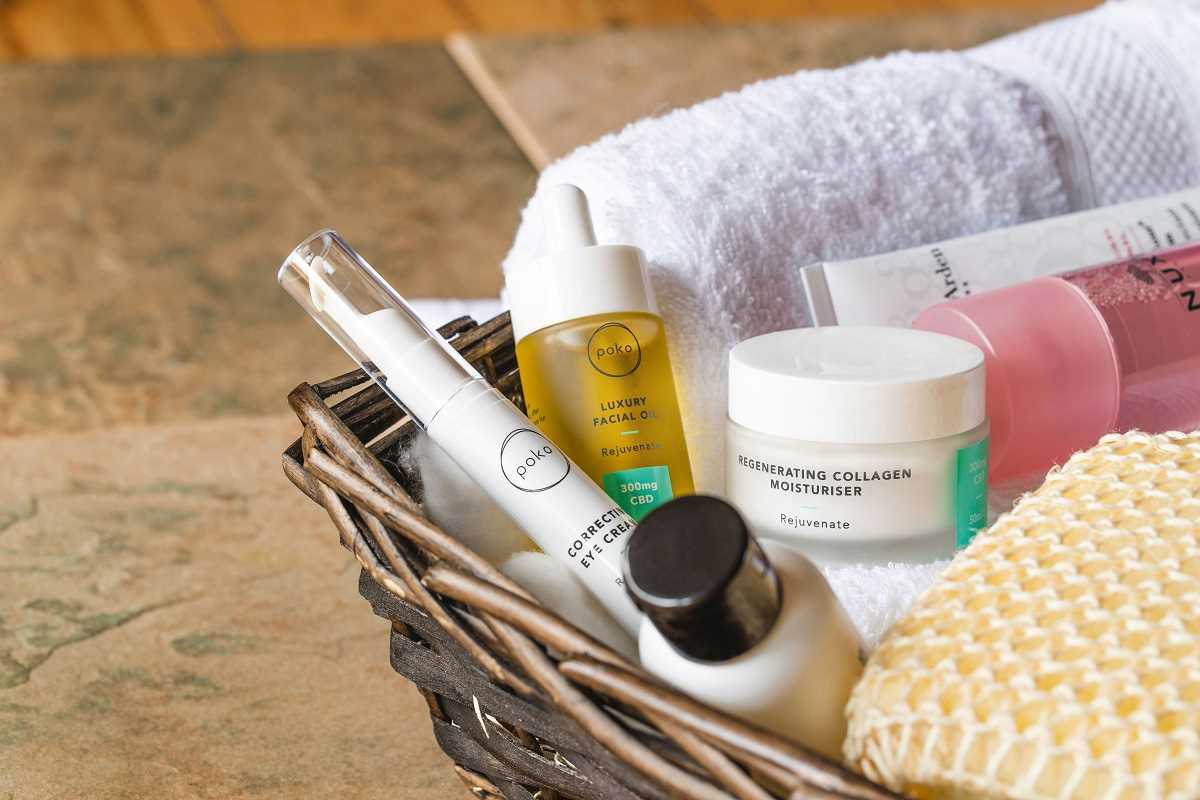The Importance of Mindfulness
In today's fast-paced world, finding time for self-care is essential for maintaining overall well-being. Amidst the demands of work, family, and social obligations, it's easy to neglect our own needs. However, this neglect can lead to burnout, stress, and a decline in both physical and mental health. Mindfulness practices offer a powerful way to enhance your self-care routine and combat these negative effects.
Mindfulness involves being fully present and aware of your thoughts, feelings, and surroundings without judgment. It's a state of active, open attention to the present moment, allowing you to observe your thoughts and feelings from a distance without labeling them as good or bad. This practice has roots in ancient meditation techniques and has gained popularity in recent years due to its numerous benefits for mental, emotional, and physical health.
Mindfulness Practices for Enhanced Self-Care
Incorporating mindfulness into your daily routine can be transformative, offering a range of benefits that contribute to a more balanced and fulfilling life. Let's explore some key mindfulness practices that can significantly enhance your self-care routine:
Mindful Breathing
One of the simplest yet most effective mindfulness practices is mindful breathing. This technique involves taking a few minutes each day to focus solely on your breath, noticing the sensation of air entering and leaving your body. As you breathe, pay attention to the rise and fall of your chest or the feeling of air passing through your nostrils. When your mind wanders, gently bring your attention back to your breath without judgment.
Mindful breathing is a simple yet powerful tool for managing stress and promoting relaxation. Research has shown that it can lower cortisol levels in the body, reducing stress-related symptoms and improving overall well-being.
Body Scan Meditation
Another powerful mindfulness practice is body scan meditation. This technique involves systematically focusing your attention on different parts of your body, starting from your toes and gradually working your way up to the top of your head. As you move through each body part, notice any physical sensations or tensions present.
The body scan meditation serves multiple purposes. First, it helps you develop a greater awareness of your physical self, allowing you to identify areas of tension or discomfort that you might otherwise overlook. Secondly, the body scan can be an effective relaxation technique, promoting a state of physical relaxation. Studies have shown that regular practice of body scan meditation can improve body awareness and promote better sleep quality.
Mindful Eating
In our busy lives, meals often become rushed affairs, eaten while multitasking or on the go. Mindful eating offers a different approach, encouraging you to pay full attention to the experience of eating and drinking. This practice involves engaging all your senses as you eat, noticing the colors, smells, textures, and flavors of your food.
When you eat mindfully, you slow down and become more aware of your body's hunger and fullness cues. This increased awareness can help prevent overeating and promote healthier food choices. By fully experiencing and appreciating your meals, you may find that you feel more satisfied with smaller portions and are less likely to engage in mindless snacking.
Moreover, mindful eating can have positive effects on your digestive system. When you eat slowly and chew your food thoroughly, you aid the digestion process. This can lead to better nutrient absorption and a reduction in digestive issues such as bloating or indigestion.
Mindful Movement
Incorporating mindful movement practices such as yoga or tai chi into your self-care routine can have profound benefits for both your physical and mental health. These practices focus on connecting your movements with your breath, encouraging you to be fully present in the moment as you move through different postures or sequences.
Mindful movement offers a unique combination of physical exercise and mental focus. As you practice, you develop greater body awareness, improve flexibility and strength, and enhance your balance. At the same time, the meditative aspect of these practices can help reduce stress and anxiety, promoting a sense of calm and inner peace.
Research has shown that regular practice of mindful movement can have significant health benefits beyond stress reduction. Studies have found that these practices can help reduce inflammation in the body, which is linked to various chronic health conditions. By incorporating mindful movement into your routine, you're not only enhancing your immediate well-being but also investing in your long-term health.
Gratitude Journaling
While not traditionally considered a mindfulness practice, gratitude journaling shares many of the same principles and can be a powerful addition to your self-care routine. This practice involves taking a few minutes each day to write down things you are grateful for, no matter how small or seemingly insignificant.
Gratitude journaling encourages you to focus on the positive aspects of your life, shifting your attention away from negative thoughts or worries. This simple act of acknowledging and appreciating the good things in your life can have a profound impact on your mental health and overall well-being.
Studies have shown that regular gratitude practice can lead to increased feelings of happiness and contentment. Moreover, gratitude journaling has been linked to reduced symptoms of depression and improved overall mental health. By cultivating a habit of gratitude, you're training your mind to notice and appreciate the positive aspects of your life, which can lead to a more optimistic outlook overall.
Mindful Self-Compassion
Finally, practicing mindful self-compassion is an essential component of any comprehensive self-care routine. This practice involves treating yourself with the same kindness and understanding that you would offer to a close friend facing a difficult situation.
Mindful self-compassion encourages you to acknowledge your struggles and imperfections without harsh self-judgment. Instead of criticizing yourself for mistakes or perceived failures, you learn to respond with kindness and understanding. This shift in perspective can have a profound impact on your emotional well-being, boosting self-esteem and reducing negative self-talk.
Research has shown that practicing mindful self-compassion can increase resilience and reduce symptoms of anxiety and depression. By cultivating a kinder relationship with yourself, you become better equipped to handle life's challenges and setbacks.
Incorporating these mindfulness practices into your self-care routine can have a transformative effect on your overall well-being.
Whether you choose to focus on mindful breathing, body scan meditation, mindful eating, mindful movement, gratitude journaling, or mindful self-compassion, taking the time to be fully present and kind to yourself can help you feel more balanced, centered, and at peace.
Remember, developing a mindfulness practice takes time and patience.
Start small, perhaps with just a few minutes of mindful breathing each day, and gradually increase the duration and variety of your practices as you become more comfortable. The key is consistency rather than perfection.
As you embark on this journey of enhanced self-care through mindfulness, be gentle with yourself.
There will be days when your mind wanders more than others or when you struggle to find time for your practice. This is normal and part of the process. The goal is not to achieve a perfectly clear mind or to never experience stress again, but rather to develop a more balanced and aware approach to life's challenges.
By prioritizing these mindfulness practices in your self-care routine, you're making a valuable investment in your mental, emotional, and physical health.
Over time, you may find that these practices not only enhance your well-being but also improve your relationships, productivity, and overall quality of life. Embrace the journey of mindfulness and self-care, and discover the profound impact it can have on your life.







